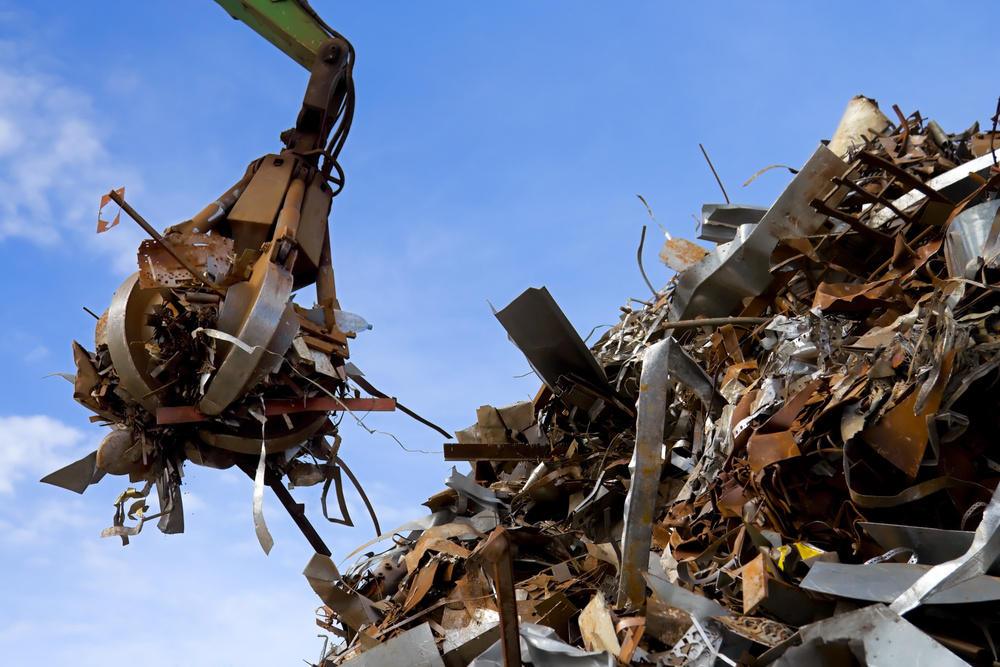
mechanical recycling
Every form of recycling has its pros and cons. When it comes to plastics, it seems like no recycling method is good enough to make some people happy. Take mechanical recycling. It certainly has its disadvantages. But it also has its advantages, and they tend to make it well worth the effort.
Seraphim Plastics is a Tennessee company that utilizes mechanical recycling to create regrind from industrial scrap plastic. They purchase plastic waste from companies then run it through grinders to reduce its size. They sell the resulting material to manufacturers. Not only does their process work extremely well, but it also makes the company good money.
Postindustrial plastic recycling does work. It works extremely well for companies like Seraphim Plastics. Here are five legitimate reasons detailing why that is:
1. It’s Simple
Mechanical recycling is about as simple as it gets. Recyclers do not need to apply scientifically advanced principles. They don’t need a whole lot of mathematical formulas and highly advanced equipment. They do not need any expensive chemicals. All it takes to reduce a load of PET bottles to regrind are a couple of mechanical grinders and a few minutes to kill.
2. It’s Inexpensive
Because recyclers don’t have to invest in expensive equipment and highly skilled employees, they do not have to spend a lot on what they do. That has benefits on both sides of the production equation. It benefits recyclers because they can enjoy a higher profit margin. It benefits manufacturers who then have access to cheap plastic regrind.
3. It’s Not Labor Intense
Speaking about cheap regrind, the reason companies like Seraphim Plastics are able to produce it is found in their labor costs. Simply put, mechanical recycling is not labor intense. Companies do not have to pay an army of people to sort and decontaminate plastics before sending them to the grinders. Sorting and decontamination are handled by the companies that sell their plastic scrap to Seraphim Plastics.
As a side note, the labor component is the most expensive component in municipal recycling programs. It is also that which dooms most of those programs to financial failure. Because municipal recyclers need to spend so much on manual labor, they cannot sell their recycled materials as cheaply. Manufacturers have no interest in buying what they produce because it is too expensive.
4. It’s Efficient
Next up, mechanical recycling is pretty efficient overall. It does take some hits on efficiency when you consider that plastic regrind does not have the same integrity as virgin material, but in terms of the process itself, the efficiency is there.
A load of post-industrial plastic can go from truck directly to grinder at the sorting facility. What comes out the other end is immediately ready for sale. The most inefficient part of the process is transporting industrial scrap plastic back to the processing facility. But with the right logistics in place, it’s still not so bad.
5. It Enjoys a Strong Market
Finally, there is a strong market for plastic regrind. Demand does seem to wane as the price for virgin plastic goes down. Nonetheless, manufacturers are still looking to add regrind to their processes. Their need for regrind is what keeps companies like Seraphim Plastics in business. The more regrind manufacturers want, the better it is for the recyclers.
Mechanical plastic recycling has its critics. Some of their criticisms are legitimate. On the other hand, the advantages of mechanical recycling tend to outweigh the disadvantages. So in the absence of a better way to recycle plastic materials, mechanical recycling is the way to go. We should be working on ways to make it better.







